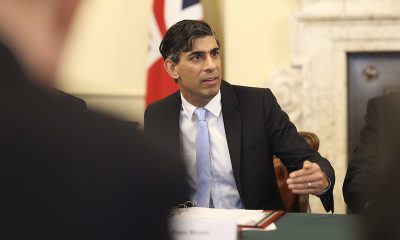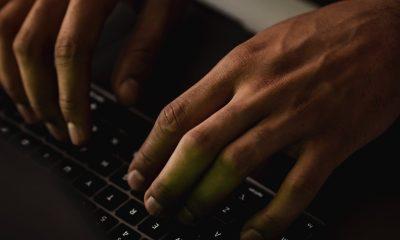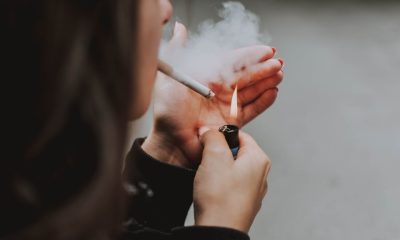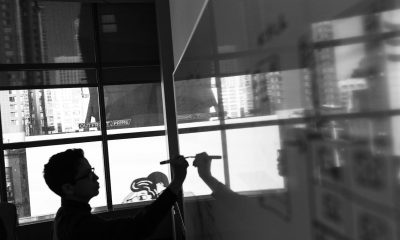Canada News
Montreal cops promise action after report finds systemic bias against minorities
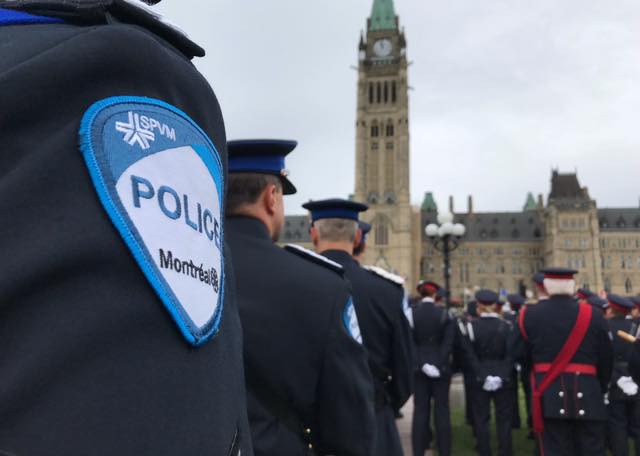
Montreal’s police chief said he’ll take action following the release of the devastating report, which found serious discrepancies among the people who are most often subjected to street checks. (File Photo: Service de police de la Ville de Montréal – SPVM/Facebook)
MONTREAL — An independent report released Monday has found evidence that Montreal police show “systemic bias” in conducting street checks, with people from certain racialized groups much more likely than others to be stopped.
Montreal’s police chief said he’ll take action following the release of the devastating report, which found serious discrepancies among the people who are most often subjected to street checks.
Academics from three different Quebec universities crunched numbers provided by police and extracted some stunning revelations. Among their findings:
— Indigenous women were 11 times more likely to be questioned than white women.
— Overall, black and Indigenous Montrealers are between four and five times more likely to be subjected to so-called street checks.
— People of Arab descent are twice as likely to be stopped as their white counterparts, and those between 15 and 24 years of age are four times more likely.
The authors wrote that while the situation can’t conclusively be described as racial profiling, systemic bias linked to race is present in police interventions.
“Our analysis reveals sufficiently considerable disparities to suggest the presence of systemic bias against racialized groups — notably black, Indigenous and Arab populations,” said Victor Armony, a sociology professor at UQAM. “They could be the consequence of racial profiling or the consequence of other structural constructs that are more complex; it’s difficult for us to pronounce ourselves because the reasons for the stops could not be analyzed.”
Researchers looked at three years of street check data from 2014-17 to compile the report. They noted some checks weren’t documented at all, and further studies must be done to have a better idea of the underlying factors.
The trio also urged police to make identifying racial discrimination a central tenet in their policies and programs going forward.
Police chief Sylvain Caron said he will allow for further studies, one of several measures announced on Monday that will aim to better manage street checks in the new year.
Caron said he was humbled and alarmed by the numbers, but stressed that it’s a reflection of a lack of policy.
“The report talks about a problem with the work methods, and not the values of our police officers,” Caron said. “It is the lack of procedures that creates a disparity…. The integrity of police officers and their professionalism is not in question.”
Caron said he would be meeting with police officers in the coming days but deflected questions about racial profiling.
“I say we don’t have racist police officers, we have officers who are citizens who necessarily have biases like all citizens might have. It is this that we need to understand and it’s an issue that complex to define,” Caron said.
Caron said he couldn’t explain why there’s no formal policy regarding street checks but committed to bringing in new protocols to end the practice by early next year.
“From now on, there will be no more excuses,” said Montreal Mayor Valerie Plante. “The image that we see in the mirror is perhaps not spotless, but accepting the reality it is the first step.”
Plante also stressed police need to hire more minorities to ensure its force reflects the population it serves.
Last December, Caron presented city council with the force’s 2018-21 plan to prevent racial profiling — a document that was short on details but included building stronger ties with communities.
Fo Niemi, co-founder and executive director of the Centre for Research-Action on Race Relations, said the study confirms what groups that deal with these complaints have seen for the past 10 to 15 years.
“We’re still sort of surprised by it. The racial disparity in the stops is still very high,” Niemi said.
“The only thing optimistic about this is that it’s inching towards recognizing systemic racism, even though there’s some reluctance in recognizing that concept and the need to review policy and practices.”
In August, a Quebec Superior Court judge authorized a class-action lawsuit against the City of Montreal on behalf of citizens who allege they were unfairly arrested and racially profiled by the city’s police.




